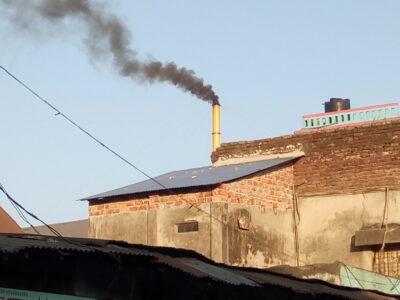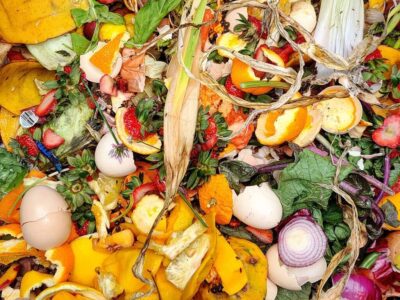
Christoph Meinrenken is an associate research scientist at Columbia University’s Earth Institute/Climate Center, adjunct assistant professor in the Department of Earth and Environmental Engineering, and an affiliate of the Foundations of Data Science Center at the Data Science Institute. Christoph Meinrenken will bring his expertise to SUMA in Spring 2018 with a new course, Theory & Practice of Life Cycle Assessment.
Meinrenken’s research focuses on computer modeling to elucidate and improve the techno-economic performance of low carbon energy systems. His recent and current research projects include demand management and energy storage in smart buildings (DoE, NSF, NYSERDA, NIST), electrification of the transportation sector, synthetic fuels (ABB, Electricity de France), and automated product carbon footprinting (PepsiCo Inc.). An expert in Life Cycle Assessment and enterprise-scale product analytics, Meinrenken has worked with the World Resources Institute, Carbon Disclosure Project (CDP), and The Sustainability Consortium, and consulted several globally operating consumer goods manufacturers.
Life Cycle Assessment (LCA) is a methodology to assess the environmental impact of products, services, and industrial processes and is an increasingly important tool in corporate sustainability management. LCA can be an immensely complicated process, requiring hundreds or thousands of data inputs for a single product. In the past, companies either needed to devote vast amounts of time, labor, and financial resources to assessing products one at a time or they resorted to aggregating data and missing the level of detail required to make meaningful assessments. Meinrenken’s LCA research has included developing models, created from mining vast supply chain and product datasets, to allow non-LCA experts to quickly assess thousands of products with limited user input. Industrial partners like PepsiCo Inc. can use these assessments to identify carbon emission hotspots (the biggest sources of carbon emissions a product contributes), and make product and operational changes to reduce carbon and save money. Meinrenken and his team are exploring applying the same methodology to other environmental product concerns like water use.
Meinrenken previously taught a similar course in the School of Engineering and Applied Science. The course was popular with SUMA students who cross-registered. Meinrenken has now adapted the course specifically for SUMA students and will offer the modified course for the first time in the Spring 2018 semester.
The course will teach both the theoretical framework as well as step-by-step practical guidelines for conducting LCAs in companies and organizations. The practical challenges of LCA will be covered in detail and include case studies. The course will also cover the application of LCA metrics in a company’s management and will discuss the methodological weaknesses that make such application difficult, and how these can be overcome. Product carbon footprinting (as one form of LCA) will receive particular focus, owing to its widespread practical use in recent and future sustainability management.
The M.S. in Sustainability Management, co-sponsored by the Earth Institute and Columbia’s School of Professional Studies, trains students to tackle complex and pressing environmental and managerial challenges. Visit our website to learn more.



